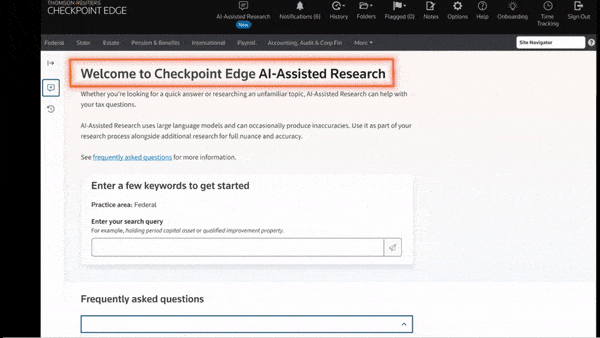The Corporate Transparency Act has been temporarily halted after a U.S. District Court for the Eastern District of Texas granted a nationwide preliminary injunction.
Jump to ↓
| Overview of the recent Corporate Transparency Act halting |
| Implications for tax and accounting professionals |
| What’s next? |
| Staying prepared amidst regulatory uncertainty |
Catch up with the Corporate Transparency Act below ↓
|
|
The Corporate Transparency Act (CTA) has been a pivotal piece of legislation aimed at increasing transparency within the U.S. financial system. By requiring businesses to disclose beneficial ownership information, the CTA seeks to combat financial crimes such as money laundering and tax evasion.
However, a recent court ruling has temporarily halted these reporting requirements, creating uncertainty for tax and accounting professionals who must guide their clients through this evolving regulatory landscape.
Overview of the recent Corporate Transparency Act halting
On December 3rd, 2024, a federal court in Texas recently issued a nationwide preliminary injunction against the enforcement of the CTA’s reporting requirements.
This decision arose from the case of Texas Top Cop Shop, Inc., et al. v. Garland, et al., where the court found that the CTA may exceed Congress’s constitutional powers. As a result, businesses are not currently obligated to file beneficial ownership information with the Financial Crimes Enforcement Network (FinCEN), and all compliance deadlines have been stayed.
This ruling provides temporary relief from the CTA’s mandates, which were set to take effect on January 1, 2025.
Implications for tax and accounting professionals
For tax and accounting professionals, the court’s decision means a temporary pause in advising clients on CTA compliance. While the injunction is in place, businesses face no liability for not filing beneficial ownership reports.
However, tax and accounting professionals should continue to prepare their clients by gathering necessary ownership information and advising on potential future compliance.
The legal landscape remains uncertain, as the government is expected to appeal the ruling, which could lead to a reinstatement of the requirements on short notice.
What’s next?
The next steps following the recent court ruling on the Corporate Transparency Act involve closely monitoring the legal proceedings. The scope of the injunction may face challenges on appeal, and the timing of this appeal remains uncertain. Should the injunction’s scope be limited or the government’s appeal succeed, companies could be required to file beneficial ownership information with little warning.
Companies now face a decision: to voluntarily file their beneficial ownership information or adopt a “wait-and-see” approach pending the outcome of the appeal. For those opting not to file voluntarily, it is advisable to still complete the necessary analysis to determine the reporting companies and their beneficial owners, ensuring readiness to file if the obligation is reinstated. Additionally, the halt in enforcement could lead to significant changes in compliance and regulatory practices in the long term.
The court’s decision to block the enforcement could have several implications for businesses, such as relief from immediate compliance pressures and potential confusion due to the lack of uniformity in compliance across different jurisdictions.
The decision may also embolden other legal challenges to the Act, potentially leading to further delays and changes in the reporting requirements.
Staying prepared amidst regulatory uncertainty
The recent legal halt to the Corporate Transparency Act’s reporting requirements underscores the dynamic nature of regulatory compliance. While the injunction offers temporary relief, tax and accounting professionals must remain vigilant and prepared for potential changes.
By staying informed and maintaining open communication with clients, tax and accounting professionals can ensure that businesses are ready to meet their obligations should the legal situation evolve.
As the case progresses, the role of tax and accounting advisors will be crucial in navigating these complex regulatory waters.
 |
|
 |
|







